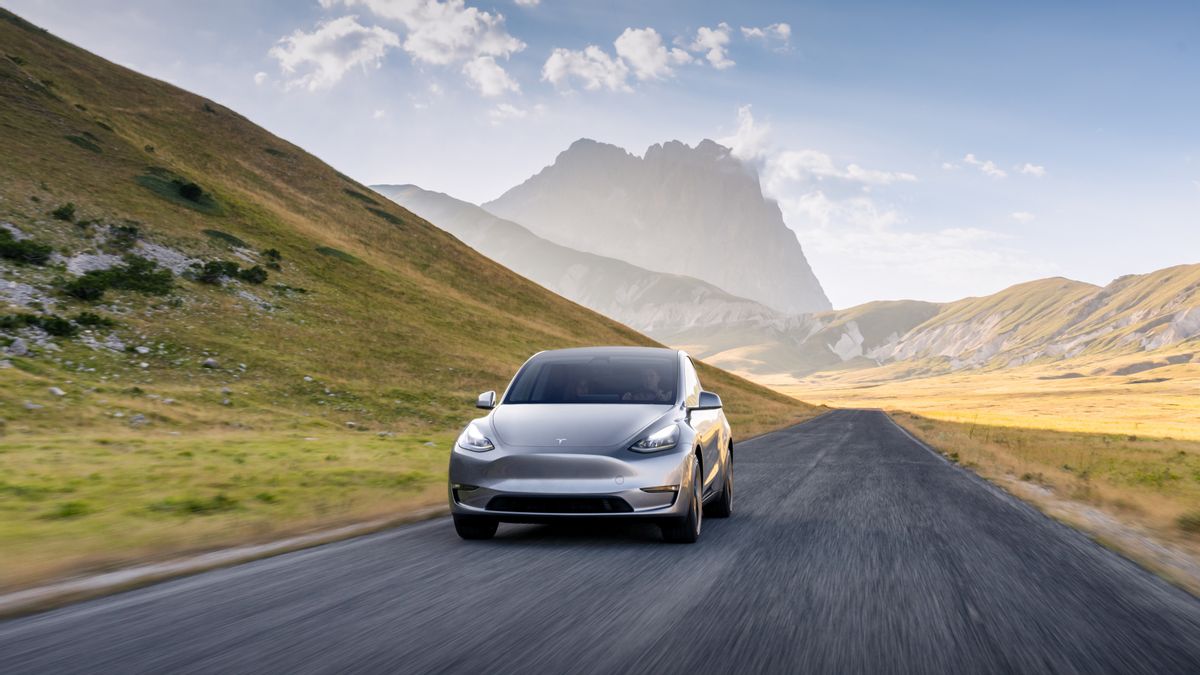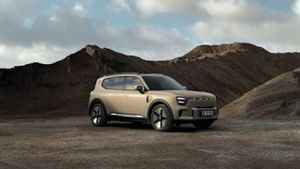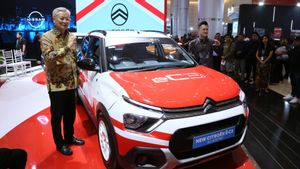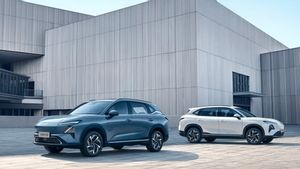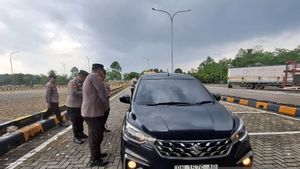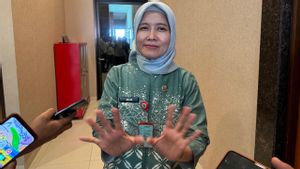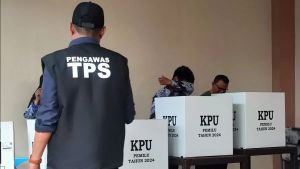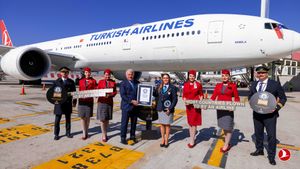JAKARTA - Tesla took a strategic step before Canada announced a 100 percent tariff for Chinese-made electric vehicles (EVs). The company, led by Elon Musk, has reportedly submitted an application to the Canadian government to set a lower tariff on cars exported from its plant in Shanghai.
The request was submitted before the official announcement of the new tariff, according to a Canadian government source on Wednesday, Reuters reported.
The increase in tariffs comes after Canada, following in the footsteps of the United States, decided to set tariffs on all Chinese-made vehicles sold in its country. The rate comes into effect on October 1 also had an impact on EVs produced by Tesla at its factories in China.
An unnamed source revealed that Tesla wants a rate similar to that implemented by the European Union (EU).
It is known that this month, the EU has softened its stance on Tesla by setting a 9 percent tariff for vehicles manufactured in China, compared to 36.3 percent for other EVs imported from China.
SEE ALSO:
Meanwhile, Canadian Finance Minister Chrystia Freeland, who is in charge of tariff policy, said she refused to comment on the ongoing talks with Tesla.
While Tesla has not disclosed the number of vehicles exported from China to Canada, the data shows that the Model 3 sedan and Model Y crossover are being sent from Shanghai to Canada. Tesla's demand for lower rates reflects the company's pragmatic approach in dealing with strict international regulations.
Meanwhile, the EU only considers direct subsidies in determining tariffs for Tesla, Canada and the United States as well as considering other factors such as industrial excess capacity, non-market policies, as well as environmental and labor standards, according to the source.
Canada's high imports of cars from China have increasingly shown the impact of this policy. In 2023, imports of vehicles from China to Canada's largest port, Vancouver, jumped 460 percent compared to the previous year, to 44,356 units, largely due to Tesla's EV shipment from Shanghai.
Meanwhile, other automakers such as Volvo and Polestar are reviewing the impact of rising rates in Canada. Volvo, which imports several models from China, including EX30 and XC60, admits it is evaluating its impact on their businesses in Canada. Likewise with Polestar, which is part of Volvo and Geely China.
The English, Chinese, Japanese, Arabic, and French versions are automatically generated by the AI. So there may still be inaccuracies in translating, please always see Indonesian as our main language. (system supported by DigitalSiber.id)
